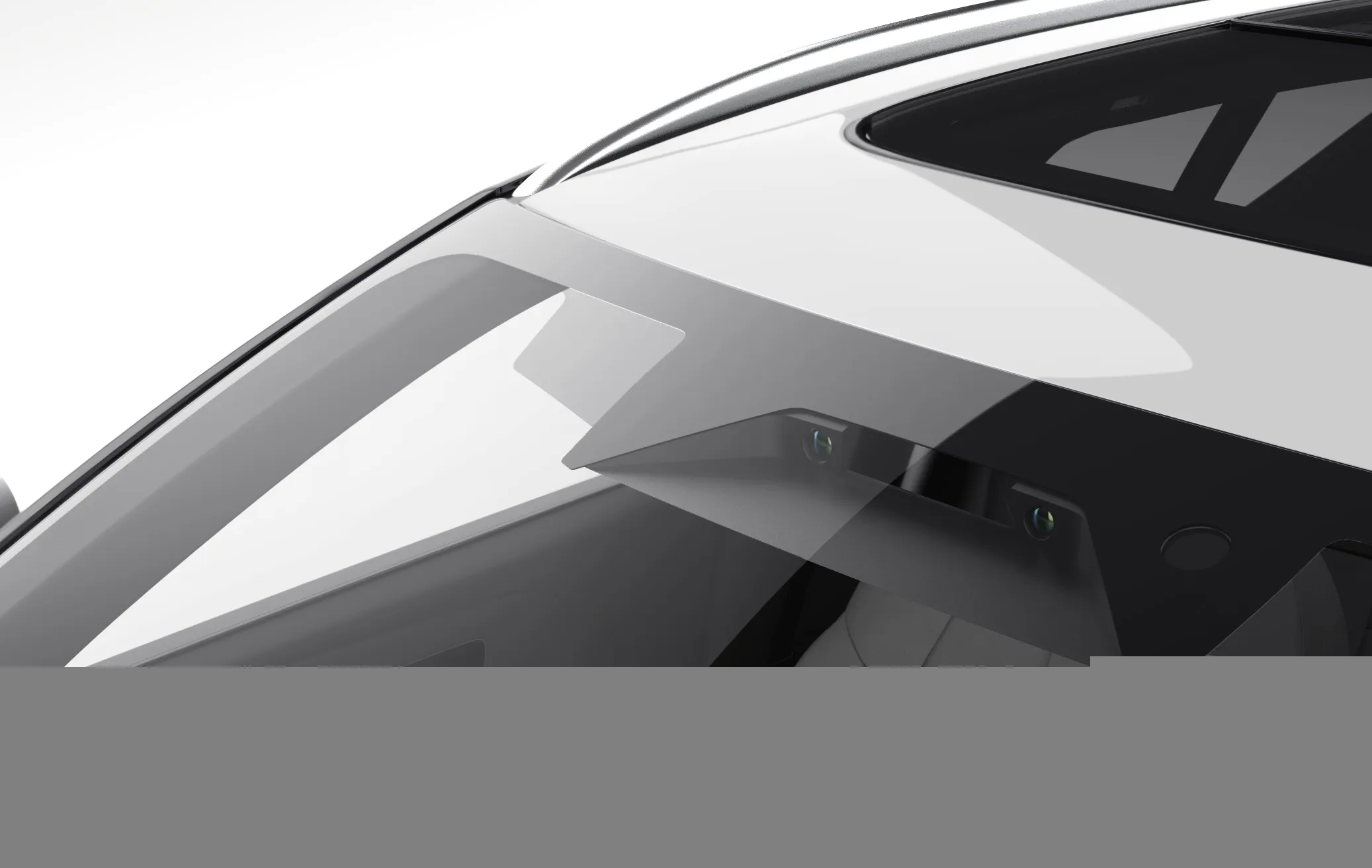Bangsgaard said: “Thanks to our diverse Partnership, we ensured cross-sectoral discussions and cooperation which was fundamental for reaching consensus towards the implementation of eCall.”
The company’s involvement in the development of eCall based began with the Emerge and GST Rescue projects and then with Hero and I_Hero series. These pre-deployment schemes were complemented by the eSafety Forum, iMobility Forum, iCar Support and iMobility Support initiatives. In addition, Ertico assisted the European Commission within the eCall implementation platform and served as coordination body of relevant stakeholders interested in the implementation of the pan-European solution.
The system will also be operational in Iceland, Norway and Switzerland and into the Russian Federation. Ertico will hold a Testfest this year looking at the next generation eCall and how its system can be amended to meet the shift towards 4G and 5G technology.
“We will play a key role in the continuation of eCall not only in relation to its technical aspect, but also in promoting discussion and collaboration amongst our Partners and stakeholders to save lives and reducing road fatalities,” Bangsgaard added.
Ertico welcomes mandatory installation of eCall systems
Ertico Ertico has welcomed the mandatory installation of eCall in all new car and light vehicle models in Europe which will come into effect this month. The company, according to its chief executive officer Jacob Bangsgaard, has acted as one of the driving forces behind the discussion of equipping vehicles with emergency call service since 2001. Bangsgaard said: “Thanks to our diverse Partnership, we ensured cross-sectoral discussions and cooperation which was fundamental for reaching consensus towards
April 6, 2018
Read time: 2 mins









